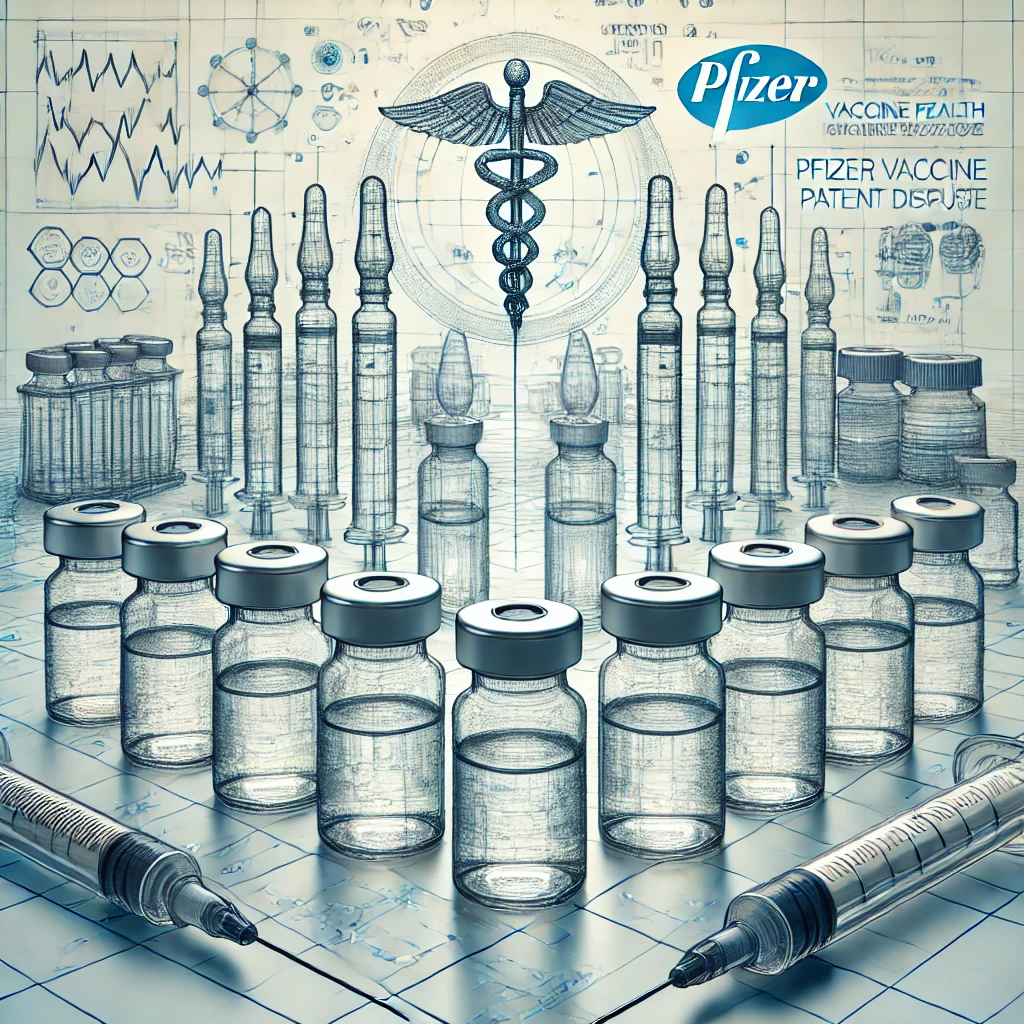Pfizer Vaccine Patent Dispute
Several developing nations, along with international advocacy groups, have initiated legal action against Pfizer, alleging that the pharmaceutical giant’s vaccine patent policies hinder equitable access to COVID-19 vaccines. The plaintiffs argue that Pfizer’s refusal to waive patent protections or license technology has restricted vaccine production, disproportionately impacting low-income countries.
The lawsuit comes amidst ongoing global discussions about intellectual property (IP) rights and public health. Critics claim that prioritizing profits over accessibility has exacerbated health inequities, prolonging the pandemic’s effects in underserved regions. Pfizer, however, asserts that its IP protections incentivize innovation and that it has made significant efforts to distribute vaccines globally.
Is the Case Strong? The case raises complex questions about balancing IP rights with public health needs. On one hand, the plaintiffs point to international frameworks like the World Trade Organization’s (WTO) TRIPS Agreement, which allows for patent waivers during public health emergencies. They argue that the unprecedented nature of the COVID-19 pandemic justifies such measures.
On the other hand, Pfizer contends that waiving IP protections could undermine the pharmaceutical industry’s ability to respond to future crises. The company highlights its partnerships with COVAX and other initiatives aimed at increasing vaccine availability in low-income countries.
Legal experts suggest that the outcome will depend on how courts interpret the intersection of IP law and global health obligations. While the plaintiffs face significant challenges in proving that Pfizer’s actions directly caused harm, the case has already intensified pressure on pharmaceutical companies to prioritize equitable access.
Who Should Bear Responsibility? Responsibility for addressing vaccine inequity is shared among pharmaceutical companies, governments, and international organizations. Pfizer and other manufacturers must balance profit motives with ethical obligations, ensuring that lifesaving treatments reach those in need. Transparency in pricing and licensing agreements can help build trust and promote equitable distribution.
Governments and international bodies also have a role in fostering collaboration and reducing barriers to vaccine production. Initiatives like the WTO’s TRIPS waiver proposal and funding for manufacturing infrastructure in low-income countries can help address systemic issues.
Public awareness and advocacy remain critical in holding all stakeholders accountable. Grassroots campaigns and global coalitions can amplify the voices of affected communities, driving meaningful change in how vaccines and other medical innovations are distributed.
The Pfizer vaccine patent dispute underscores the urgent need to reconcile intellectual property rights with global health equity. As the world continues to grapple with the pandemic’s impact, this case serves as a pivotal moment in redefining how lifesaving innovations are shared.
While the legal outcome remains uncertain, the broader implications are clear. Pharmaceutical companies, policymakers, and advocacy groups must work together to ensure that future crises are met with solutions that prioritize humanity over profit. By addressing these challenges collaboratively, the global community can build a more equitable and resilient health system.
This lawsuit is not just about vaccines; it is a call to action for systemic reform in balancing innovation with accessibility. The lessons learned here will likely influence how the world approaches public health challenges for decades to come.


